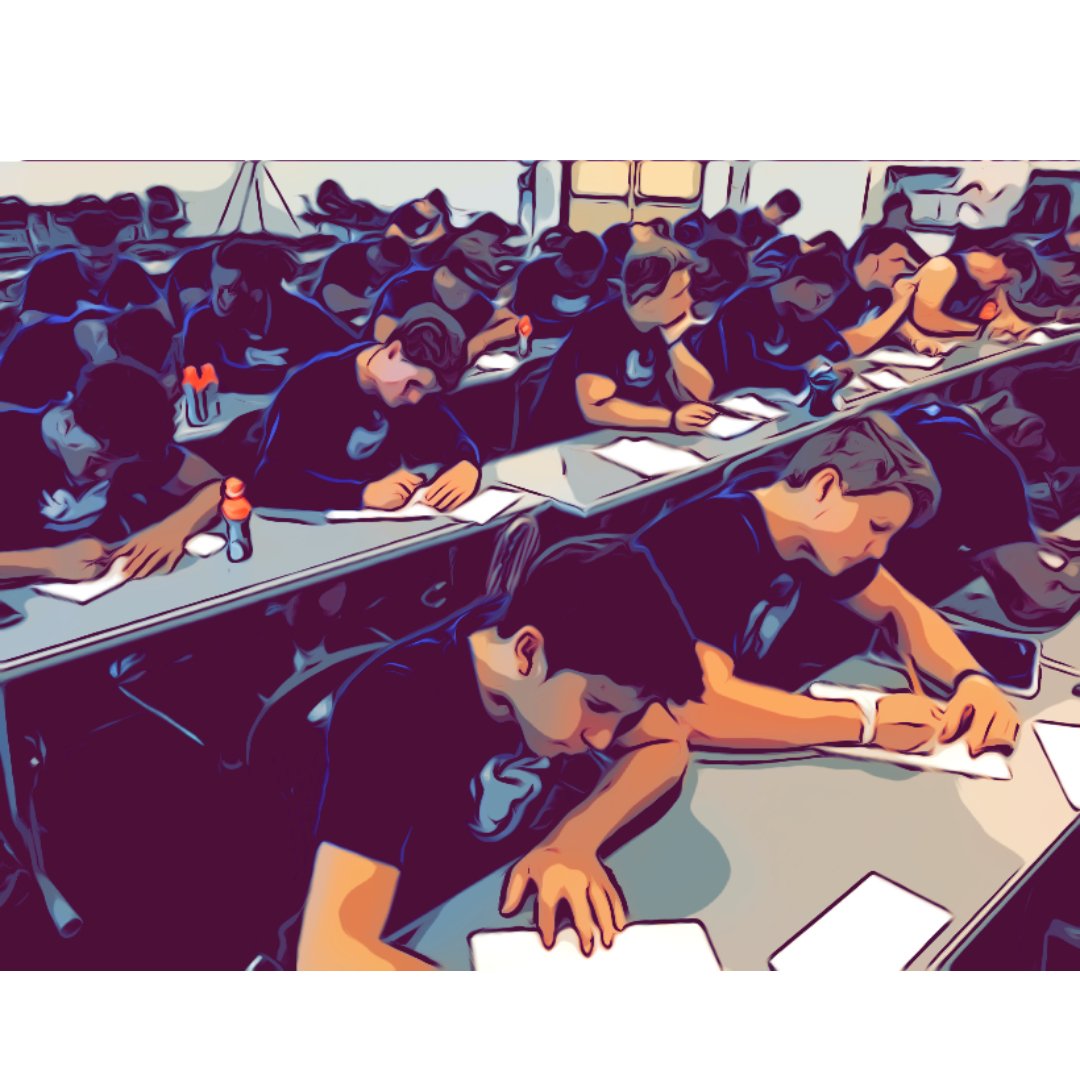
spartans and mental toughness
"How do I get my athletes to be more mentally tough?" This is the most popular question I get from coaches and parents. They want to know how to teach an athlete to "tough it out" or "grind with a smile." I could go on and on, but let's get to the meat of what I want to share—a practical application on learning to be comfortable with being uncomfortable.

on being late and running laps
Remember the last time someone wrote you a hand-written letter? In the story above I recall one of my favorite memories as a high school athlete: getting a handwritten note from my coach.

no rewards, only consequences
Like many elementary and middle school athletes, I had the same coach through different sports a couple of years in a row. My coach was an athletic renaissance man who knew a lot about many things, especially sports. Most of his teachings were through stories that may or may not have been true about his athletic past, and he was a master at using metaphors.

first speech in front of your new team
Speak from the heart. Let them know you will work hard to make them successful. Remind them they are in charge of their attitude, their effort, and their work ethic. Help them to see that you are their guide, but the season belongs to them. Then shut up and show them you meant what you said.



on the mental game 💪🏆
Your Athletes have talent, but can they access that talent consistently? My definition of a mentally tough athlete is one who is “able to access their talent regardless of the situation at the highest level your are capable on a consistent basis.” All coaches agree that the mental aspect of athletics is important, but surprisingly many coaches do not spend time strengthening things like focus and emotional regulation.

Activity: Legacy Letters
Completing a season in a sport is something most people will remember for the rest of their lives. Like I mentioned before, a great culture is created by coaches, athletes, administrators, and parents who are intentional about the sport experience. Writing a Legacy Letter is an excellent way for an athlete to pass on the lessons and traditions learned while competing in something they love. We all want our seniors to graduate, but the culture and traditions they helped create should not graduate with them.

Activity: You, Me, We
Focusing on self, others, and the team is going to happen whether you do this exercise or not. However, I find that doing this helps you as the coach guide the thought process of your athletes, leading them to focus on positives instead of negatives.

Empowering Children to Find Courage
This story highlights the importance of coaches in developing athletes' physical skills, confidence, and self-esteem. Coaches can make a lasting impact on their athletes' lives beyond the game, and it is essential to encourage and show athletes that they are loved and valued both on and off the court.

Coach the Species, not the Sport
As coaches, we get so caught up in current wins and losses and the season's drama that we forget we are only one season of our student athletes' lives. We get them for a short and critical time in their life, a time where the words we say will echo in their minds the rest of their lives.
